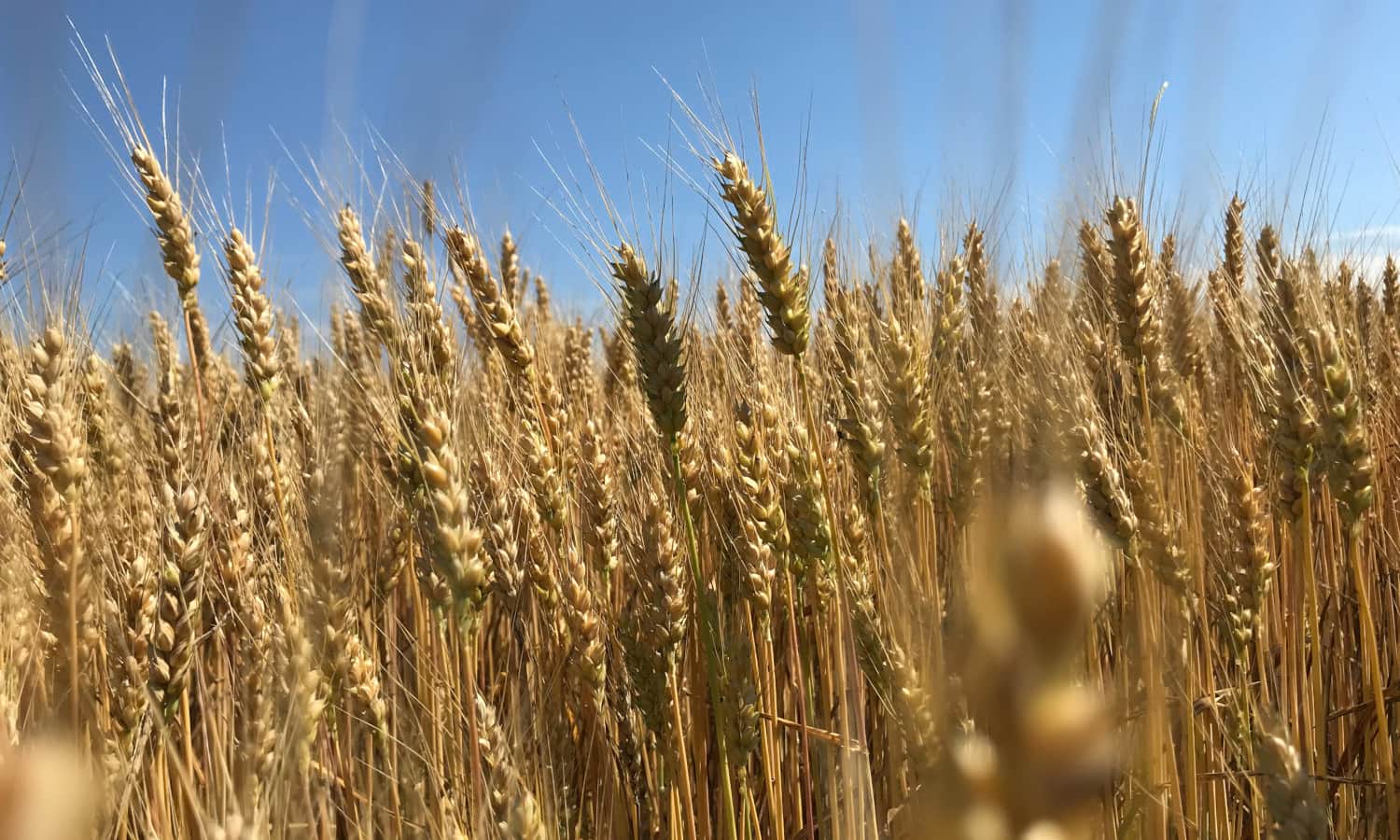
Organic grains farming represents a significant shift in agricultural practices, embracing methods that prioritize environmental sustainability and soil health. As consumers increasingly demand products grown without synthetic pesticides or fertilizers, organic grains farming has gained prominence for its focus on natural processes and ecological balance.
This approach involves several key practices designed to improve soil fertility, manage pests and diseases, and ensure the overall sustainability of the farming system. By understanding and implementing these methods, farmers can successfully cultivate high-quality grains while contributing to a more sustainable food system.

At the heart of organic grains farming is the emphasis on soil health. Unlike conventional farming, which often relies on chemical fertilizers to boost crop yields, organic grains farming utilizes natural amendments to enrich the soil. Practices such as composting, green manure, and the use of organic fertilizers are integral to maintaining soil fertility.
Composting involves the decomposition of organic matter, such as plant residues and animal manure, to create nutrient-rich compost that enhances soil structure and provides essential nutrients. Green manure, on the other hand, involves growing specific cover crops that are later tilled into the soil to improve its organic content and nutrient levels. These practices not only support healthy plant growth but also contribute to the long-term sustainability of the farming system by reducing soil erosion and promoting microbial activity.
Marketing and selling organic grains is a vital component of the organic grains farming system. As demand for organic products continues to grow, farmers have the opportunity to reach a niche market willing to pay a premium for sustainably produced grains. Developing a strong brand identity and engaging with consumers through educational outreach and transparency can help build a loyal customer base.
Farmers can also explore various distribution channels, such as farmers’ markets, specialty stores, and direct-to-consumer sales, to connect with consumers who value organic products. By effectively marketing their grains, farmers can maximize their profitability and contribute to the broader movement toward sustainable agriculture.









